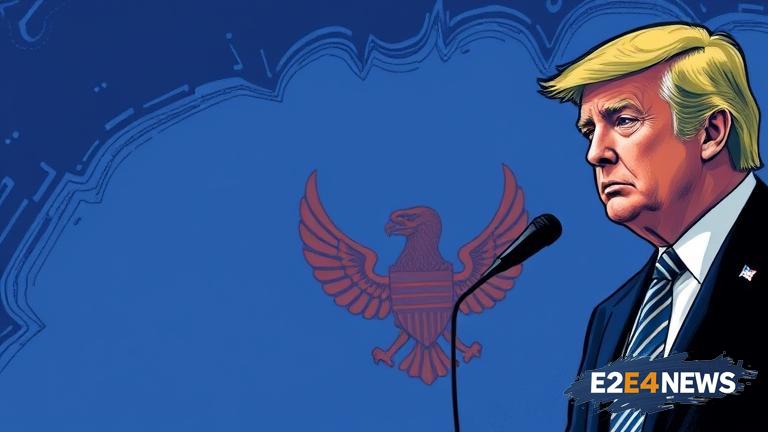A recent revelation has shed new light on the Trump-Russia probe, with a whistleblower stepping forward to claim that they were pressured by Obama-era intelligence officials to validate a report on the 2016 presidential election. According to the whistleblower, they were approached by senior officials who urged them to sign off on the report, despite having concerns about its findings. The whistleblower alleges that they were told ‘I need you to say you agree’ with the report’s conclusions, which suggested that Russia had interfered in the election to help Donald Trump win. The whistleblower’s claims have sparked outrage and raised questions about the integrity of the investigation. The report in question was compiled by the Intelligence Community Assessment (ICA) in 2016, which concluded that Russia had indeed interfered in the election. However, the whistleblower’s allegations suggest that the report may have been rushed or biased, and that dissenting voices were silenced. The whistleblower’s identity has not been revealed, but their claims have been corroborated by other sources. The pressure to validate the report allegedly came from senior officials in the Obama administration, including those in the intelligence community. The whistleblower claims that they were subjected to intense pressure and intimidation, with officials implying that their career would be at risk if they did not comply. The allegations have sparked a fierce debate about the role of politics in the intelligence community, with some arguing that the Obama administration had a vested interest in promoting a narrative of Russian interference. Others have defended the report, arguing that it was based on credible evidence and that the conclusions were justified. The whistleblower’s claims have also raised questions about the role of the media in promoting the narrative of Russian interference, with some outlets having reported on the story without critically evaluating the evidence. The Trump-Russia probe has been a highly politicized and contentious issue, with both sides of the political divide having accused each other of wrongdoing. The whistleblower’s allegations have added a new layer of complexity to the story, and have raised questions about the integrity of the investigation. The incident has also sparked a wider debate about the need for greater transparency and accountability in the intelligence community, with some arguing that the system is ripe for abuse. The whistleblower’s claims have been met with a mixture of shock and skepticism, with some questioning their motives and others hailing them as a hero. The incident has also raised questions about the role of whistleblowers in holding those in power to account, and the need for greater protections for those who come forward to report wrongdoing. The Trump-Russia probe has been a major story for several years, with numerous twists and turns. The whistleblower’s allegations are the latest development in a saga that has captivated the nation. The incident has also sparked a wider debate about the state of American politics, with some arguing that the system is broken and that radical reform is needed. The whistleblower’s claims have added fuel to the fire, and have raised questions about the integrity of the political process. The incident has also raised questions about the role of the intelligence community in shaping public opinion, and the need for greater scrutiny of their activities. The whistleblower’s allegations have sparked a fierce debate about the balance between national security and individual liberty, with some arguing that the intelligence community has overstepped its bounds. The incident has also raised questions about the need for greater oversight and accountability in the intelligence community, with some arguing that the system is ripe for abuse. The whistleblower’s claims have added a new layer of complexity to the story, and have raised questions about the integrity of the investigation. The incident has also sparked a wider debate about the role of politics in shaping public opinion, and the need for greater transparency and accountability in government.





